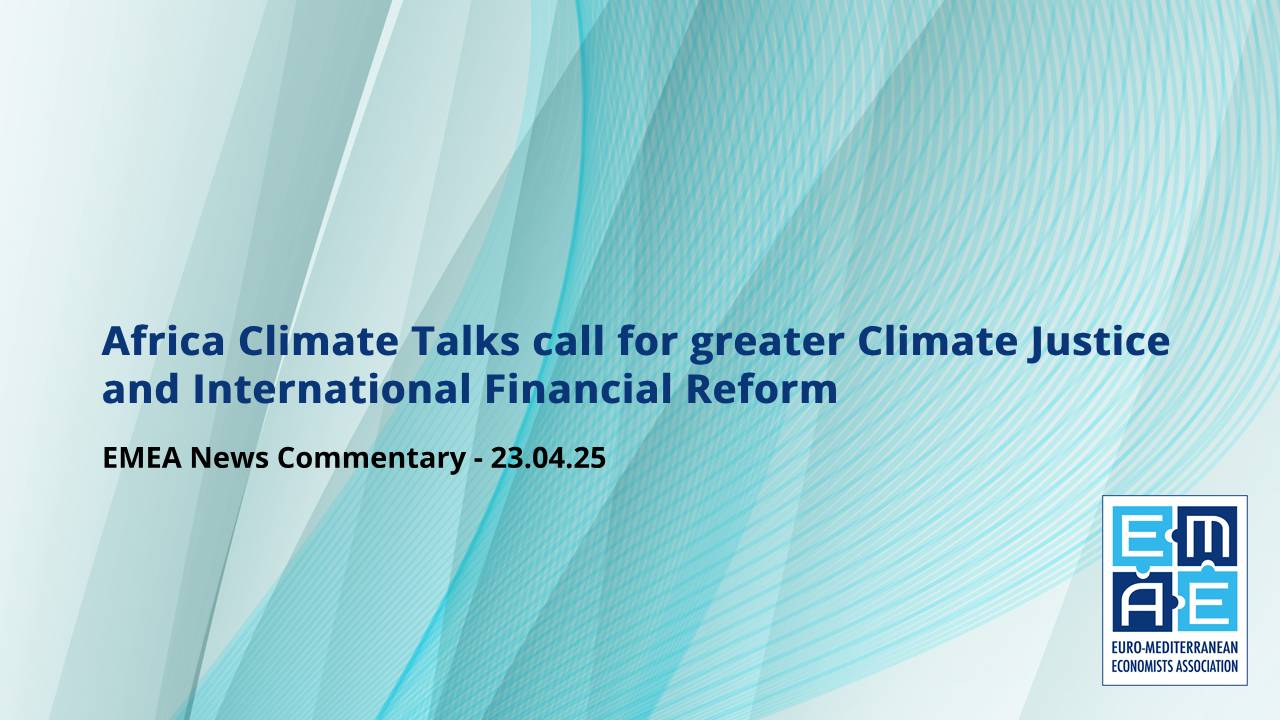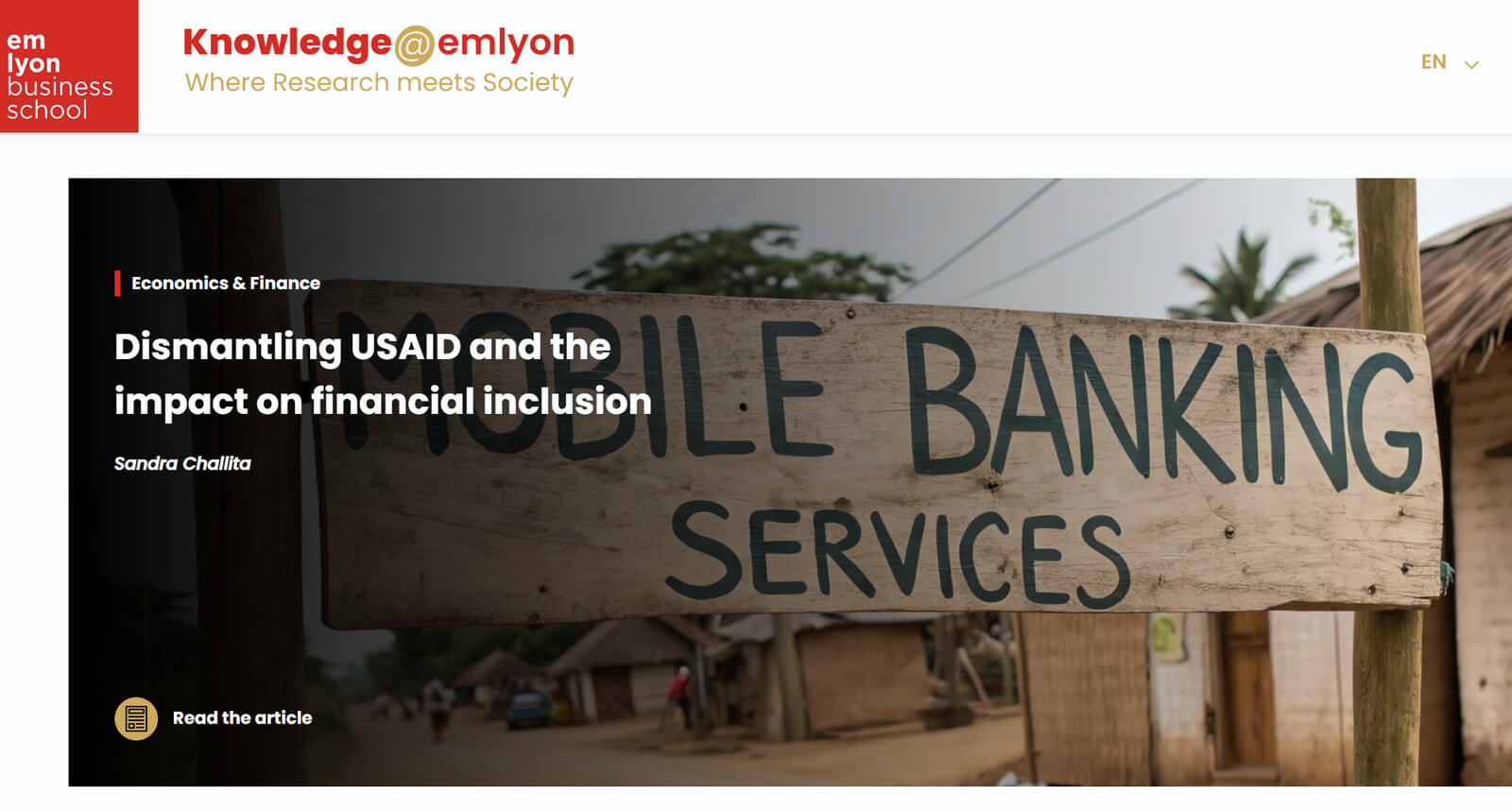The sixth Africa Climate Talks (ACT) have concluded, with a unifying call for substantive action on climate justice and financial reforms to emerge from this year’s COP30 Summit, allAfrica has reported.
Co-hosted by the African Development Bank, the African Union Commission and the United Nations Economic Commission of Africa, the Ugandan-hosted forum declared that greater fairness and global accountability was now urgently required.
The key theme of the talks was “Rethinking financing and ambition for climate action, green growth and development in Africa: a justice issue.”
The host organisations were partnered with the Uganda Parliamentary Forum, the Pan-Africa Climate Justice Alliance, the Global Centre on Adaptation and UNICEF.
Opening the two-day event in Kampala, Uganda’s Prime Minister, Robinah Nabbanja, said the continent’s development could only be assured if climate change was confronted head-on. This meant rethinking and redesigning the financial architecture needed to sustain climate action.
The fact that Africa had favourable demographics – with the highest number of young people – was both a challenge and opportunity, Nabbanja explained. Millions of decent jobs were needed to enable strong economies to flourish – without undermining local environments.
Calling for climate justice, Chair of the African Parliamentarians for Climate Action, Hon. Jaqueline Amongin, said that Africa hadn’t created the climate problem but was bearing the brunt of its consequences.
Alison Parker, Deputy Regional Director for Eastern and Southern Africa at UNICEF, said that young people were being unfairly burdened by the effects of climate change.
Bank Support for Ambitious NDCs
There was confirmation that the African Development Bank would provide continued support for nations to develop ambitious Nationally Determined Contributions (NDCs). Dr. James Kinyangi, Coordinator of the Bank’s Climate Development Special Fund said initiatives, like the Africa NDC Hub, were a vital step towards ensuring climate finance was just and equitable.
The Bank’s delegation also held discussions into how multilateral development banks (MDBs) could address gaps in Africa’s climate finance, in order to strengthen adaptation efforts and progress a fair and inclusive transition.
Working alongside the Global Centre on Adaptation, the Bank showed how a five-year, $25 billion programme was being mobilised to ramp up continent-wide climate adaptation measures.
Meanwhile, Prof. Barnabas Nawangwe, Vice-Chancellor of Makerere University, said Africa was well-positioned to take the lead in building the human infrastructure for a just, green and prosperous Africa.
It was reported that the latest round of the Africa Climate Talks had resulted in a unified continental consensus, ready to be taken forward to September’s Africa Climate Summit and the Brazil-hosted COP30 Climate Conference in November.
Read the original article on African Development Bank (AfDB).




